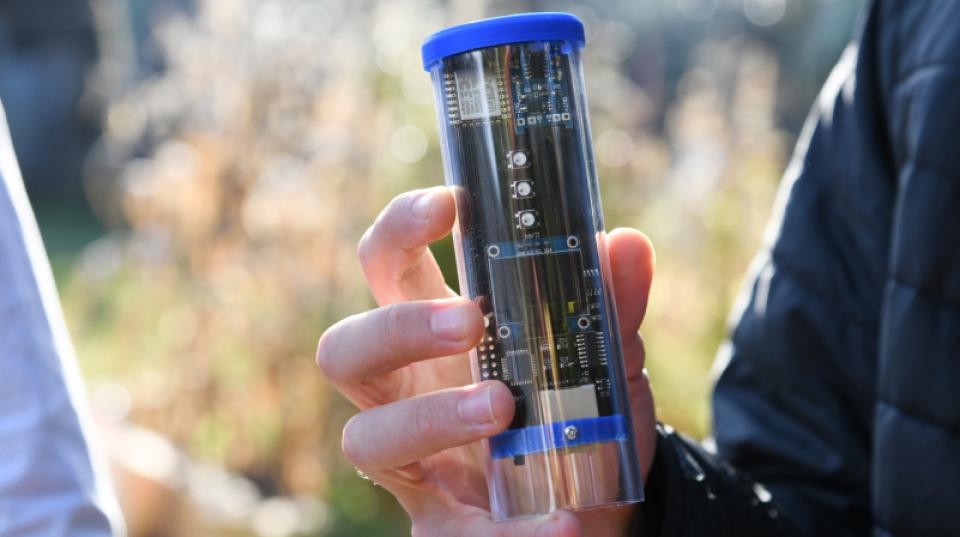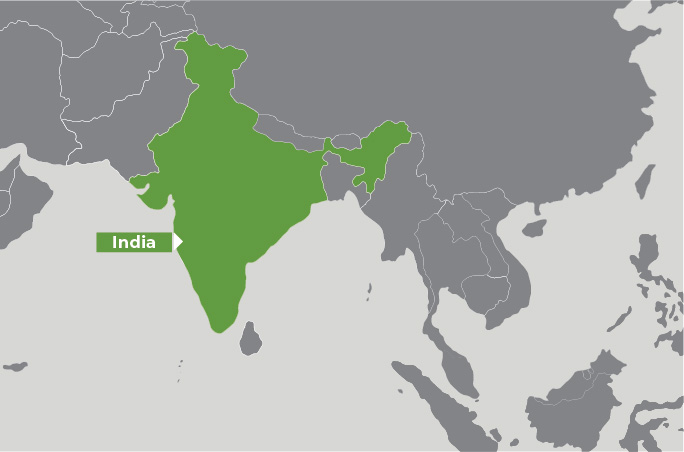Overview
This project aimed to strengthen the adaptive capacity and productivity of agriculture in the rainfed areas of 5 districts in southern Andhra Pradesh.
The research focused on:
- Climate resilient production systems to increase the resilience of crop and livestock production systems to drought and provide farmers with information on adequate supplementary irrigation (locally called protective irrigation), improve soil fertility, and irrigation efficiency, diversify cropping systems, and improve livestock productivity.
- Drought proofing through NRM and water governance to mitigate drought and make agriculture more productive through the management of, and investment in, common pool resources.
- Management and lesson learning, drawing upon experiences and lessons in water resource planning and management, drought-resilient agriculture and climate change adaptation, and development of policies for the crop and livestock sectors, especially for small ruminants.
Project outcomes
- Expanded the Climate Information Centres (CLICs) methodology (CLICs PLUS) by strengthening the seasonal climate risk component with historical and where appropriate forecast information and by analysing the value of short-term weather and seasonal climate information on decision-making.
- Supported the participatory groundwater monitoring at village scale and community engagement in the project sites and monitoring the effectiveness of different groundwater management strategies at village level.
- Applied the VIA approach (The Virtual Irrigation Academy (VIA)—a suite of soil water and solute monitoring tools that give output as colours, coupled to an online database and visualisation platform)—as a social learning of efficient irrigation practices that can help smallholders measure soil water on their farms and guide continual improvement of their management and profitability.





